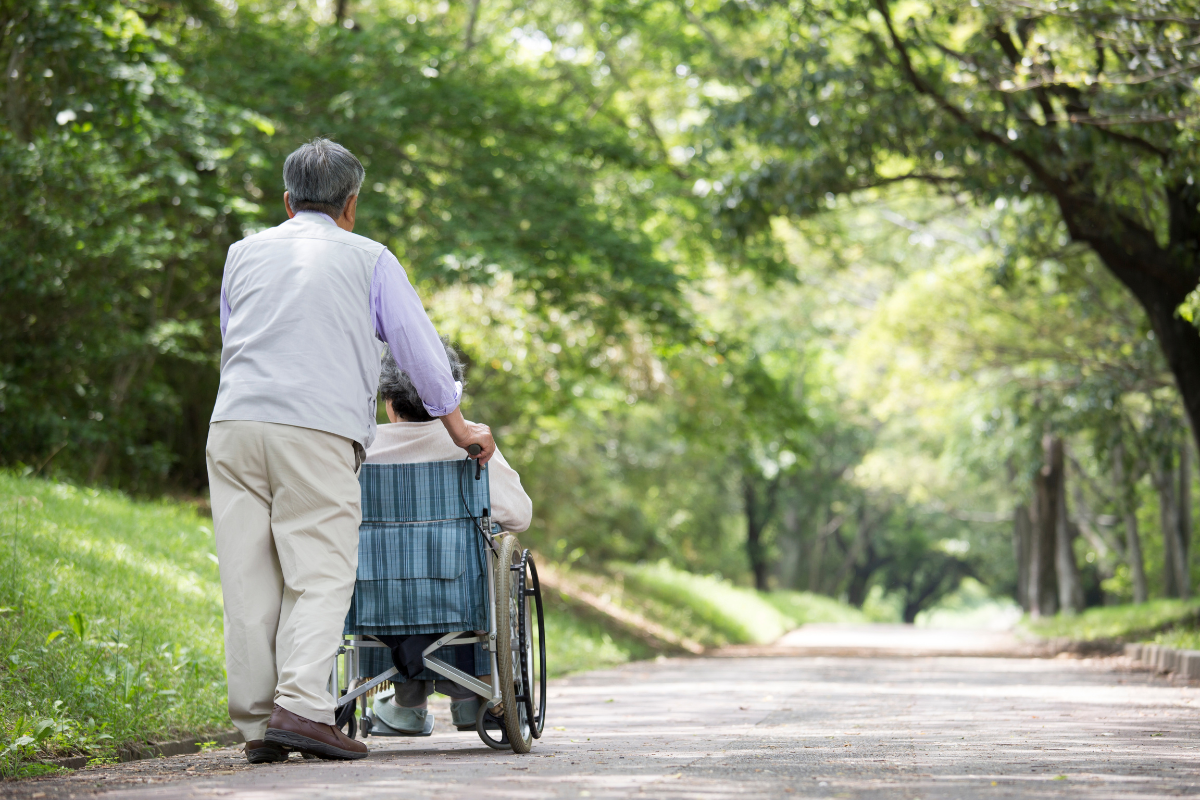Loneliness can have a significant adverse impact on the physical, emotional, and mental well-being of older people.
Here in this article, some of the effects of loneliness on older people and eight tips to manage it are discussed.
* Poor physical health
Loneliness can contribute to poor physical health, including high blood pressure, obesity, and an increased risk of cardiovascular disease. Lonely elderly individuals may also have a weaker immune system, which makes them more vulnerable to illnesses and infections.
* Mental health problems
Loneliness is a risk factor for depression, anxiety, and other mental health disorders. Elderly individuals who are lonely may also have cognitive decline and dementia.
* Social isolation
Elderly individuals who are lonely may become socially isolated, which can further exacerbate their loneliness. Social isolation can also increase the risk of mortality, as well as the risk of falls and injuries.
* Poor quality of life
Loneliness can reduce the quality of life for elderly individuals, as they may feel disconnected from their communities, lack purpose, and experience a loss of autonomy.
* Increased healthcare costs
Loneliness in older people can lead to an increased need for healthcare services, which can result in higher healthcare costs for individuals, families, and society as a whole.
Eight tips to combat effects of loneliness in elderly
Here are eight tips to combat loneliness in older people:
1. Encourage social activities
Encourage older people to participate in social activities, such as joining a senior center or attending community events.
2. Foster connections with loved ones
Encourage older people to maintain relationships with loved ones, such as family members, friends, and neighbors.
3. Volunteer
Volunteering can provide a sense of purpose and help older people feel connected to their community.
4. Please get involved in hobbies and interests
Encourage older people to engage in hobbies and interests that they enjoy, such as gardening, reading, or crafting.
5. Consider a pet
Pets can provide companionship and reduce feelings of loneliness.
6. Use technology
Technology can be an excellent tool for staying connected with loved ones, such as via video calls or social media.
7. Seek out support groups
There are many support groups available for older people, such as those for caregivers, grief support, or health-related issues.
8. Get professional help
If loneliness is affecting older people’s mental health, seek professional help from a mental health provider or counselor.
Take away home
It is essential to address and prevent loneliness in older people to improve their physical, emotional, and mental well-being and quality of life. Strategies such as social support, engaging in meaningful activities, and encouraging community involvement can help combat loneliness and social isolation in older people. Moreover, caring for your loved one yourself is essential and significant for older people because of blood relations. However, it’s important to note that not all strategies, like the use of technology and adopting a pet, may work for everyone, so it’s essential to try different approaches and find what works best for the individual.

